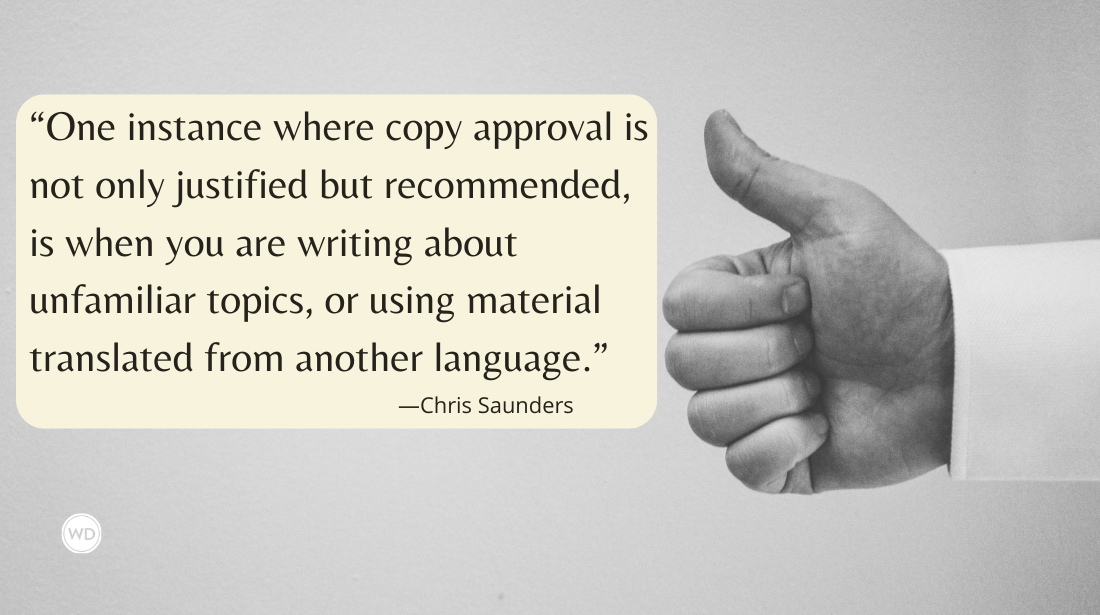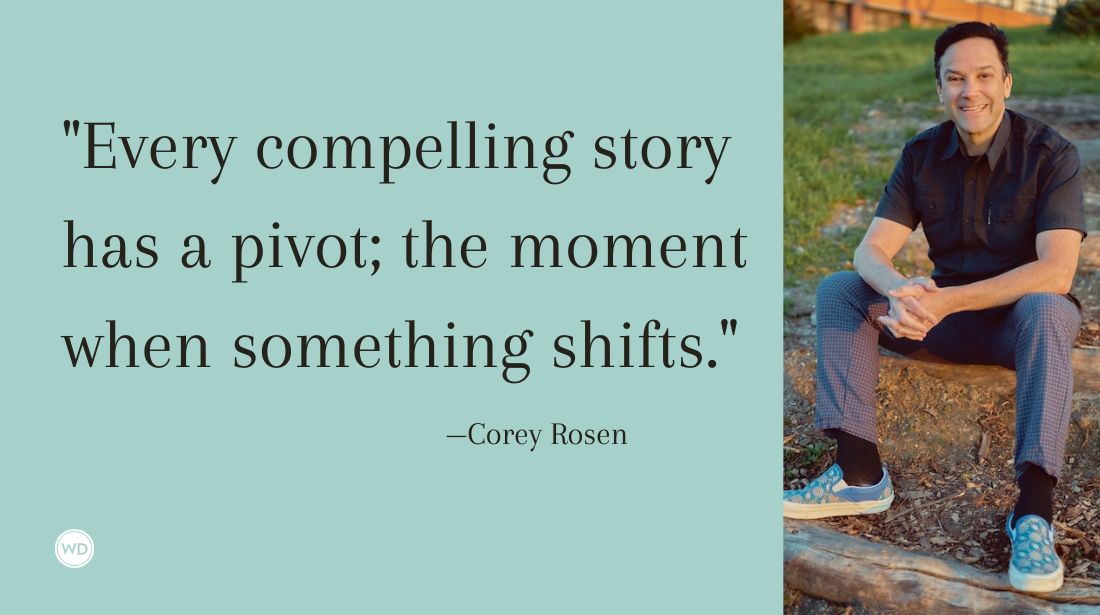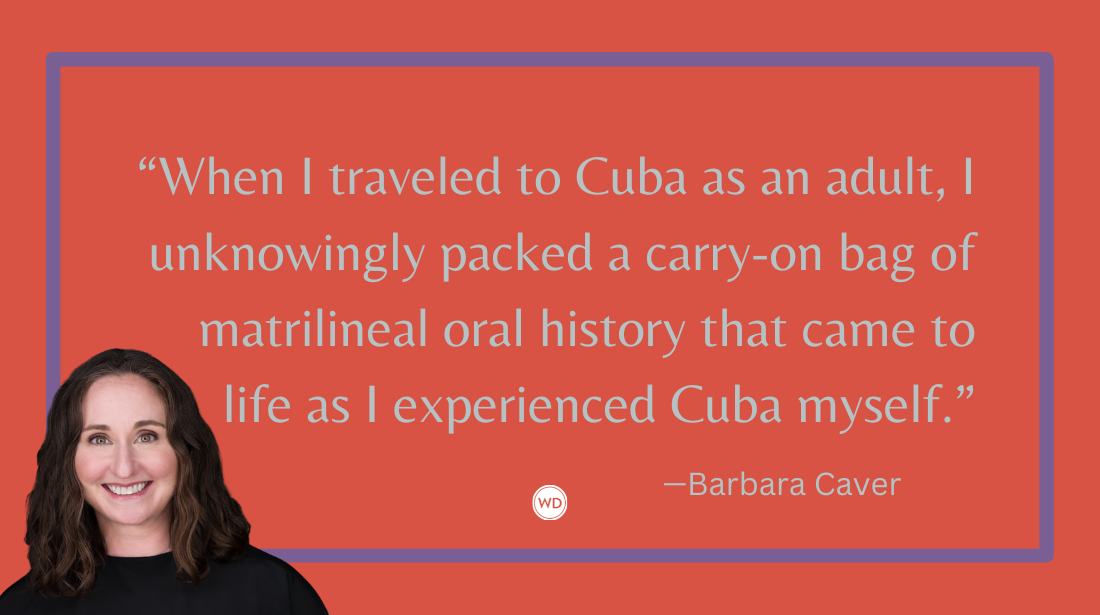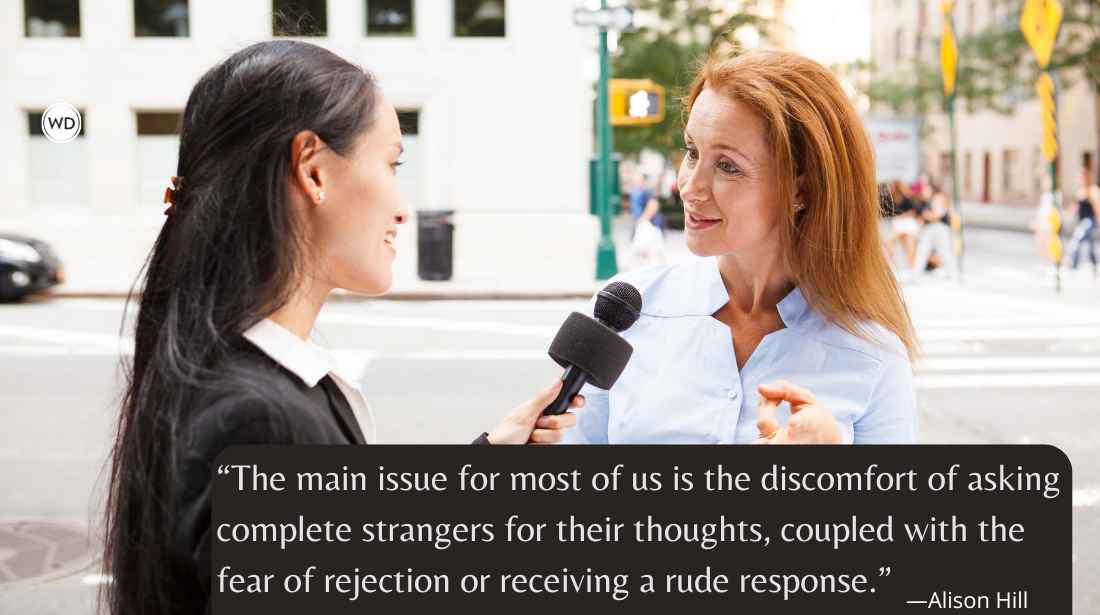5-Minute Memoir: The Art of Falling Without Hitting the Ground
5-Minute Memoir is exactly what it sounds like—a personal essay on some facet of the writing life, be it a narrative or a reflection, pensive, touching or hilarious. Enjoy this installment from Robert B Robeson.
Overwhelming emotions surfaced when I was forced to witness the murders of fellow soldiers, along with those of civilian men, women and children, who were trapped in war’s unforgiving web of violence. That was the brutal reality while flying helicopter medical evacuation missions as a U.S. Army aviator during the Vietnam War.
I was 26 years of age. By then, 22 of my articles and short stories had already been published in a variety of national magazines. I figured if I survived my one-year tour of duty, I would have accrued plenty of experiences to write about afterward.
I evacuated more than 2,500 patients to aid stations and hospitals in 987 combat missions. Seven times my helicopter was shot up by enemy fire. I was shot down twice. My fellow pilots, who teetered on the edge of testosterone poisoning while mainlining adrenaline like the risk junkies they were, provided more than enough action and memories to whet any scribbler’s interest. Nearly every day, injustices of war lay in bloody heaps on my cargo deck. The outrageous suffering I witnessed could have made even horror movie villains wince. And by the end of that traumatic year, my initial hunch was correct: I’d accumulated enough material to last a lifetime. In fact, more than 40 years later, I’m still publishing articles and short stories based on those experiences.
My time in Vietnam inspired my writing life beyond the page itself. In war, you learn to live with what combat is, not what you want it to be. And everybody’s afraid. It’s OK and reasonable to be frightened when you’re being shot at. Fear is good because it makes every sense sharper. Your mind works faster and better. Nothing is wrong with fear unless it rules you. It can’t be allowed to keep you from completing your mission.
The most fundamental technique of storytelling is placing the reader in the mind and heart of your protagonist.
My main character in combat was the patient. His condition was paramount, far more pressing than my continual fear about the prospects of being blown out of the sky. Similarly, confronting a blank page with only your imagination takes courage when you know fear and rejection could be lurking nearby. Many times I thought my aircraft was about to become a metal pretzel in some sewage-filled rice paddy. But I never gave up, even with death staring me in the face. And I learned that that’s the attitude writers must have, too, if they want to persevere in the literary world.
Combat taught me to do all I could, while I could, before it was too late. This has served me well as a pilot, newspaper managing editor, columnist and freelancer. Since Vietnam, I’ve published more than 740 articles and short stories in 130 countries, in magazines such as Reader’s Digest and Positive Living, and my work has been featured in 10 anthologies. And I owe it all to the lesson I learned to challenge my own fear of failure.
Flying helicopters has been referred to as the art of falling without hitting the ground—and the same might be said of the ride to publication. It’s the art of hanging in during the free fall, keeping your eye on the horizon, and refusing to give up. No matter what.
Turn your most important personal stories into compelling and meaningful reading experiences for others by considering:
Writing & Selling Your Memoir
Become a WD VIP and Save 10%:
Get a 1-year pass to WritersMarket.com, a 1-year subscription to Writer’s Digest magazine and 10% off all WritersDigestShop.com orders! Click here to join.
Also check out these items from the Writer’s Digest’s collection:
Writer’s Digest Writing Life Stories
You Don’t Have To Be Famous: How to Write Your Life Story
How To Write A Book Proposal
How To Write & Sell Your First Novel
Writer’s Digest University: Essentials Of Writing Personal Essays
Formatting & Submitting Your Manuscript
Book In A Month
Grammar Sucks: What to Do to Make Your Writing Much More Better
Plot versus Character









